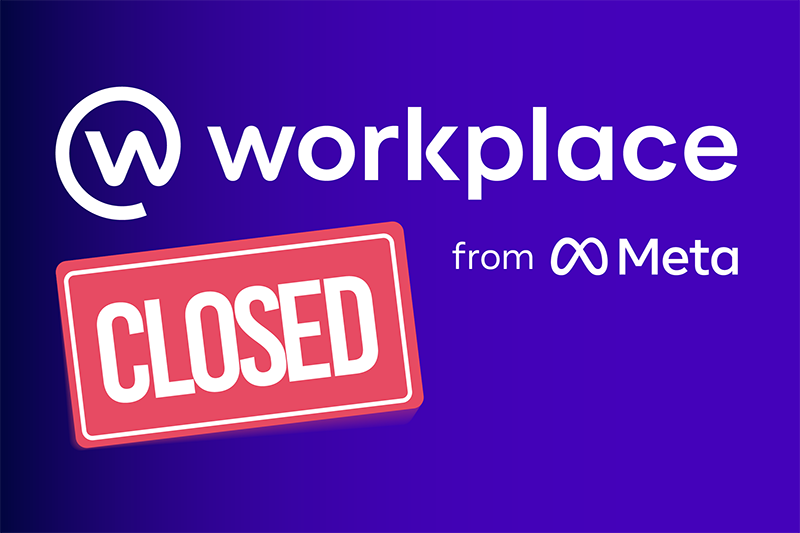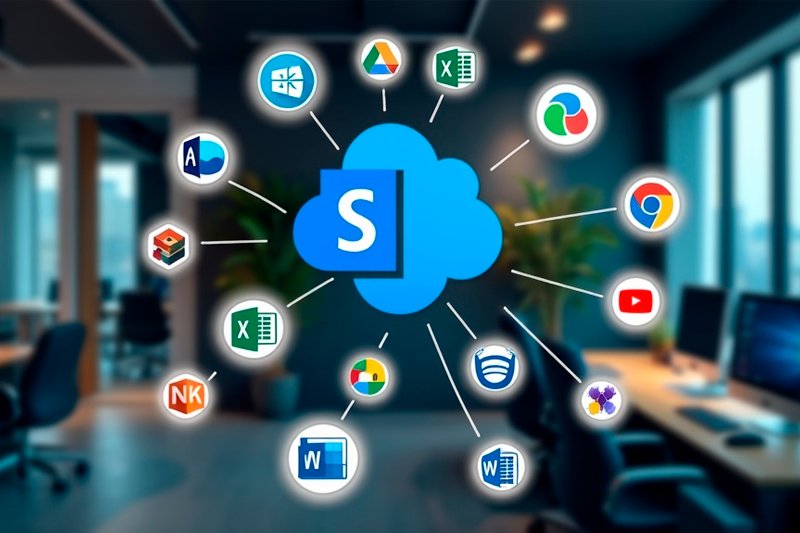- Brahim Jaouane
- June 16, 2016
What is social collaboration and why should you care?

Content
1. What is social collaboration?
2. Benefits of social collaboration
New stimulus for growth
A driver for innovation
Empowered cost control
An enabler of transformation
FAQ
You will find here Frequently Asked Questions about collaboration with all the answers in one place.
What is social collaboration?
Social collaboration was born as an answer to significant changes happening in the modern business environment. Companies are now more than ever looking for growth, competitive advantages, responsiveness, efficiency and innovation. On the other hand, the tech evolution and the expansion of social media have radically changed the way companies and employees communicate and interact internally with each other as well as externally with customers and partners.
Describing “social collaboration” in a one-sentence definition would be restrictive and would not do this notion justice. With the benefits of social collaboration having been addressed in previous posts, this one will focus instead on the emerging strategic objectives of social collaboration in organizations today.
What are the benefits of social collaboration?
It provides the ability to effectively integrate internal and external feedback channels and customer expectations in operations and allows efficient aggregation of information to better address the market in which the organization wants to thrive.
Here are some benefits of social collaboration:
➝ Find out the benefits of social collaboration and why you should care
What is collaboration?
Collaboration is “the situation of two or more people working together to create or achieve the same thing”.
What are the different types of collaboration in business?
Here are some definitions of digital workplace:
- Team collaboration
- Cross-departmental and interdisciplinary collaboration
- Community collaboration
- Strategic partnerships and alliances
- Supply chain collaboration
How to choose the best type of collaboration?
In order to effectively find the right type of collaboration for your business, you have to follow a strategic approach and answer three common yet critical questions: Where are we? Where do we want to be? And how to get there?
Why collaboration is important?
At the internal level, businesses try to encourage and seek to incorporate different forms of collaboration in the workplace to lay the foundations for teams to be able to work together with an aim to achieve higher levels of success.
Externally, businesses look to engage in collaborative actions to benefit from others’ expertise, to gather the opinions of their customer base and to get customers and other stakeholders more involved in the development of products and services.
What are the benefits of collaboration in the workplace?
Here are some of the benefits of collaboration in the workplace:
- Foster innovation and creativity
- Better problem solving
- Effectively handle times of crises
- Engage and align teams
- Increase motivation
- Attract talents

Related posts
- All
- eXo
- Digital workplace
- Employee engagement
- Open source
- Future of work
- Internal communication
- Collaboration
- News
- intranet
- workplace
- Knowledge management
- Employee experience
- Employee productivity
- onboarding
- Employee recognition
- Change management
- Cartoon
- Digital transformation
- Infographic
- Remote work
- Industry trends
- Product News
- Thought leadership
- Tips & Tricks
- Tutorial
- Uncategorized


